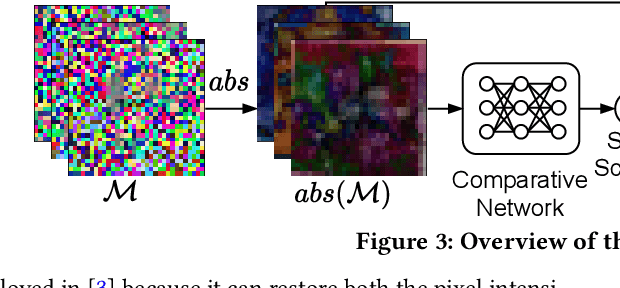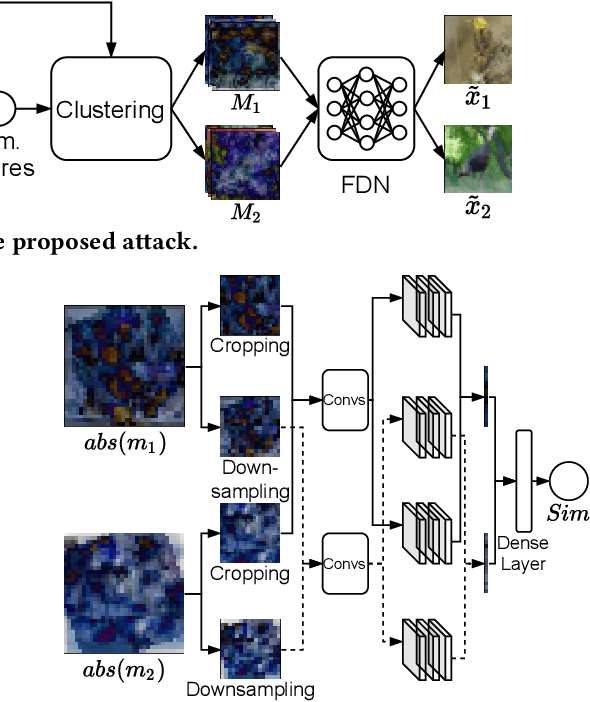A Fusion-Denoising Attack on InstaHide with Data Augmentation
Paper and Code
May 17, 2021



InstaHide is a state-of-the-art mechanism for protecting private training images in collaborative learning. It works by mixing multiple private images and modifying them in such a way that their visual features are no longer distinguishable to the naked eye, without significantly degrading the accuracy of training. In recent work, however, Carlini et al. show that it is possible to reconstruct private images from the encrypted dataset generated by InstaHide, by exploiting the correlations among the encrypted images. Nevertheless, Carlini et al.'s attack relies on the assumption that each private image is used without modification when mixing up with other private images. As a consequence, it could be easily defeated by incorporating data augmentation into InstaHide. This leads to a natural question: is InstaHide with data augmentation secure? This paper provides a negative answer to the above question, by present an attack for recovering private images from the outputs of InstaHide even when data augmentation is present. The basic idea of our attack is to use a comparative network to identify encrypted images that are likely to correspond to the same private image, and then employ a fusion-denoising network for restoring the private image from the encrypted ones, taking into account the effects of data augmentation. Extensive experiments demonstrate the effectiveness of the proposed attack in comparison to Carlini et al.'s attack.
 Add to Chrome
Add to Chrome Add to Firefox
Add to Firefox Add to Edge
Add to Edge